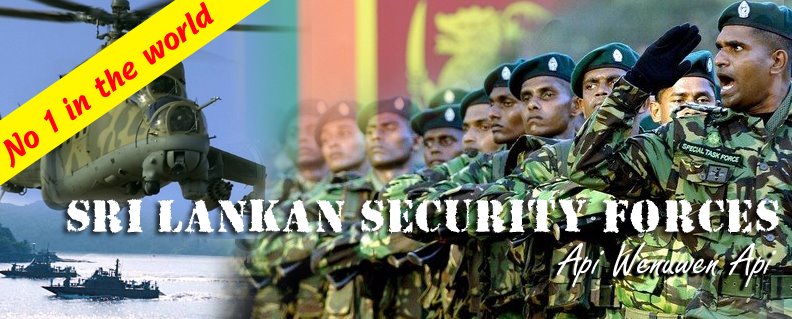(By: Walter Jayawardhana)
The United Nations Human Rights Council voted heavily in favor of Sri Lanka against a few nations who were ganging up to condemn Sri Lanka for its alleged conduct in the war against terrorists and accepted a Sri Lankan resolution that demanded "the principle of noninterference in matters which are essentially within the domestic jurisdiction of states", by an overwhelming majority.
Sri Lanka said in the resolution that warring against terrorism inside the country is Sri Lanka's business and others do not have any right to interfere in it.
The Sri Lanka resolution presented against the Western allegations received 29 votes against the 12 who opposed it. Six nations abstained from voting.
He also said this victory is a victory for the country's principles to treat the IDP's humanely and kindly and defeating terrorism resolutely in the country.
Sri Lanka's Army Commander General Sarath Fonseka has also alleged that some Western nations tried to save Prabhakaran and his top men as a last ditch effort to destabilize both Sri Lanka and India.
High Commissioner for Human Rights Navi Pillay earlier told the emergency meeting that the United Nations should start a war crimes probe against Sri Lanka. But her appeal had to be dropped since majority of members were opposed to such a move. She said Sri Lanka government was obliged to follow humanitarian law even when fighting terrorism.
The Sri Lankan resolution was supported by China, Cuba, Pakistan and other countries. They said Sri Lanka should be supported financially to help the IDP's.
The anti-Sri Lankan resolution was supported by Britian, France, Canada, Switzerland and other countries.
Ambassador Dayan Jayatileke likened the effort of the nations who were trying to censure Sri Lanka to an effort of holding a war crimes tribunal for the victors of the World War 2 for dropping the atomic bombs at Hiroshima and Nagasaki. He said the attempt is most outrageous. He was quoted having said, "It's outrageous. Sri Lanka has just prevailed over a notoriously fanatical and formidable army, the Tamil Tigers." He said the Sri Lankan conflict was purely a domestic matter and other countries had no rights to interfere.








No comments:
Post a Comment